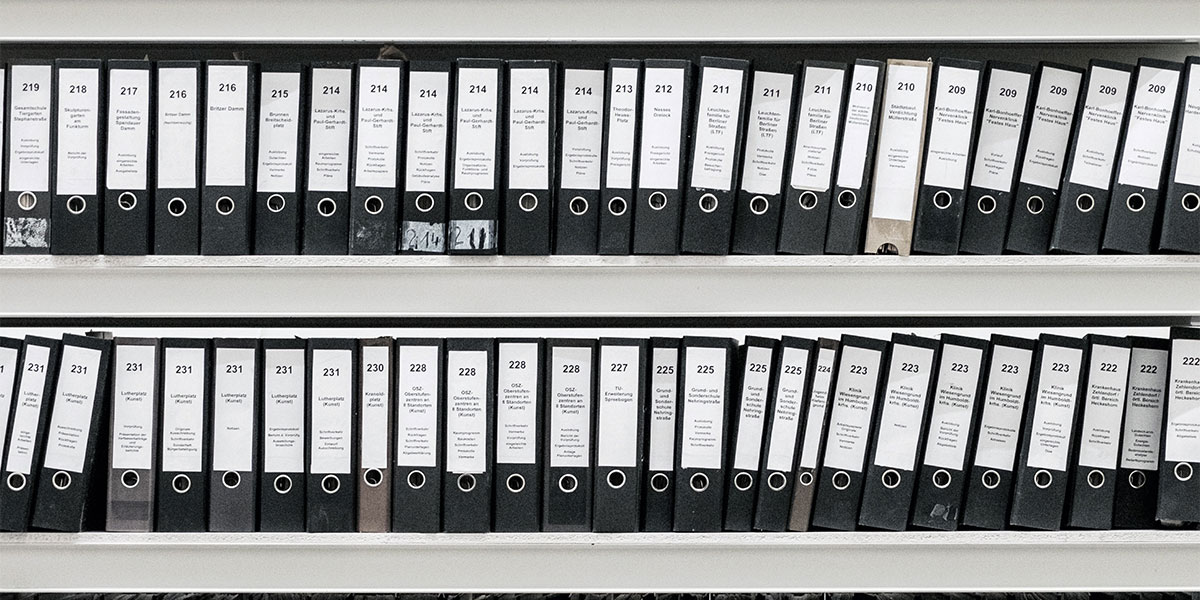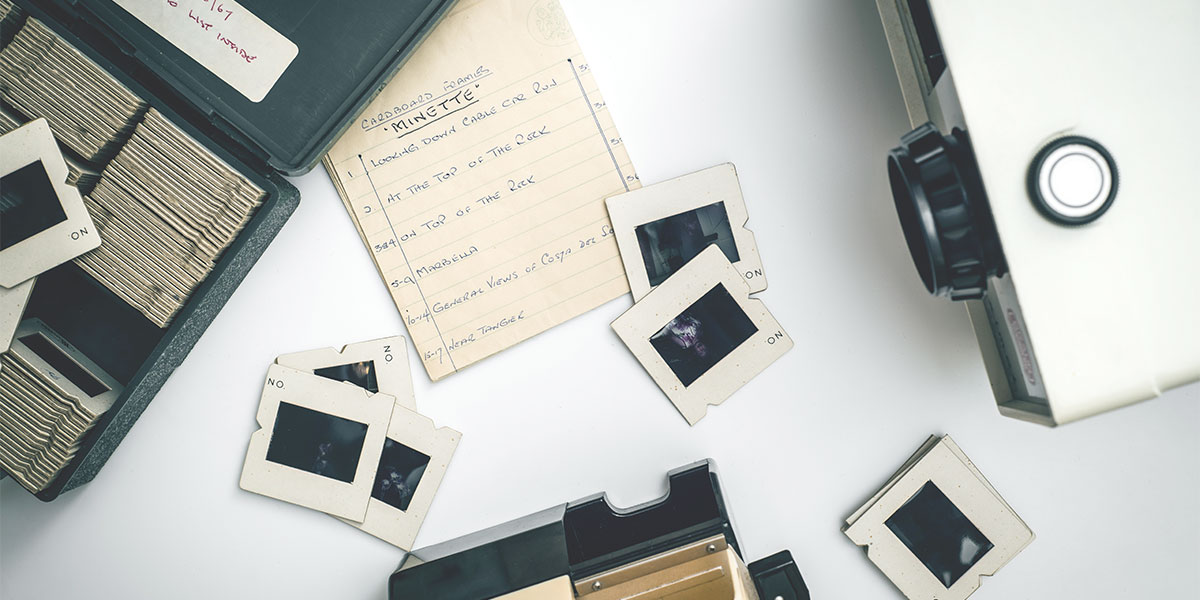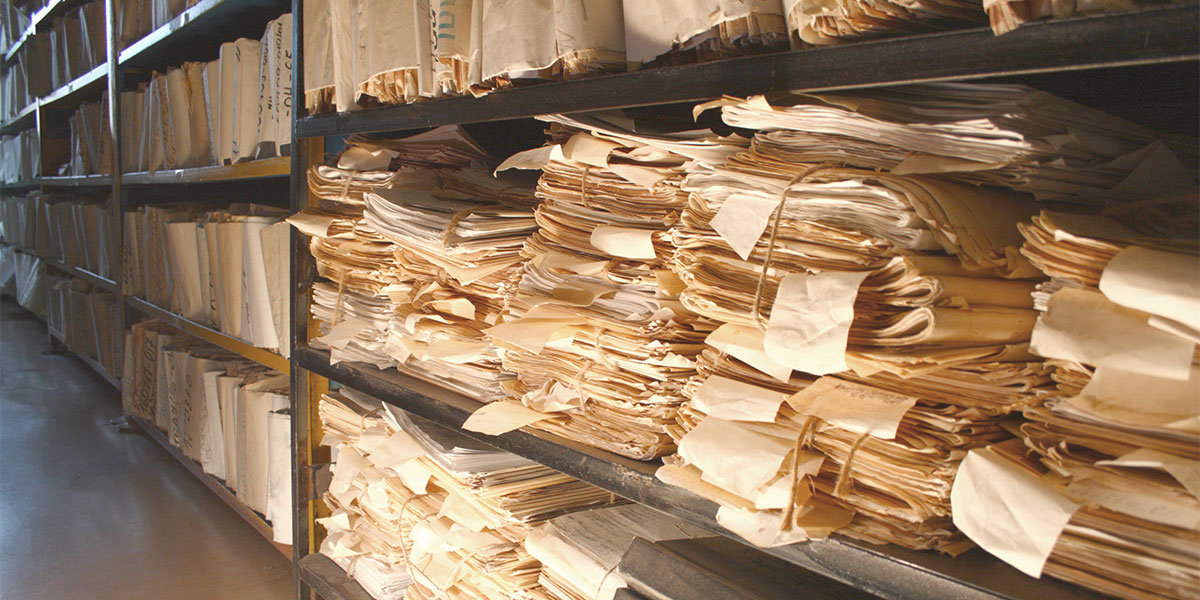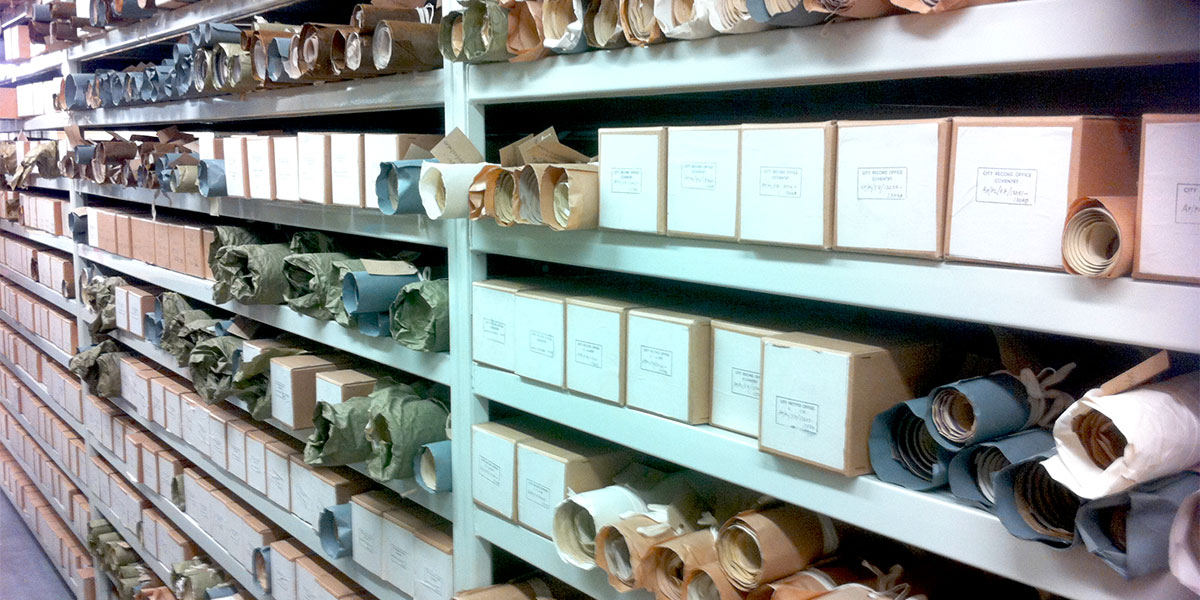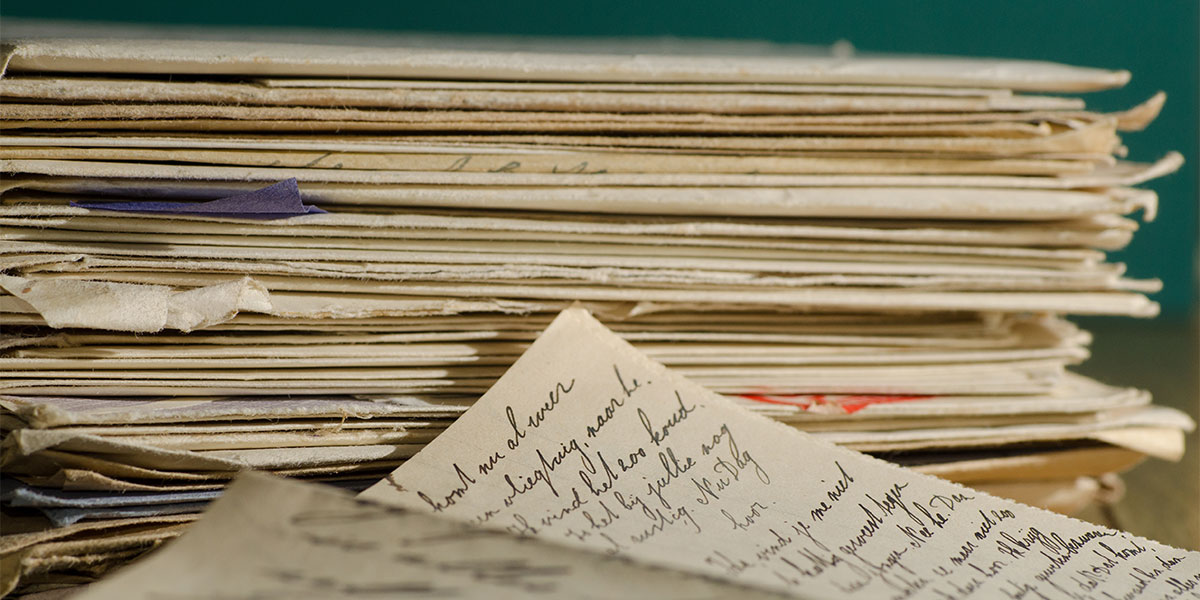Metadata is structured data about data, information that facilitates the management and use of other information. The function of metadata is to provide your users with a standardized means for access to digitized materials. However, it is not enough to use just any metadata standard.
We've Moved!
Think Clearly has a new home! Click here to see our latest posts.
*If there’s older content you’d like to catch up on, you can browse right where you are, until Friday, April 5th.
We know it takes a minute to get used to change!
Metadata is one of the significant costs of digitization. Although archival items can be digitized without cataloging, a digital collection cannot be created and delivered without metadata.
Topics: Digital Archives
Ethical, Legal, and Cultural Considerations for Digital Archival Projects
When digitizing collections, archivists should always take legal and ethical rights into consideration and proceed with caution when documenting culturally sensitive content—with sympathy as to the context of how the materials were collected, and consideration in the manner in which such content is presented.
Topics: Digital Archives, Archives, Collections Management
Selection practice in most archives is aimed at meeting the current needs of user communities. Criteria developed by archives to select items for digitization are based on evidential and aesthetic values, as well as informational, intrinsic, and artifactual values.
Topics: Digital Archives
Digital imaging captures all the information in photographic originals. Read on for some guidelines on making the best digitization choices, always with the ultimate usage of the images in mind.
Topics: Digital Archives
Formal standards, such as Describing Archives: A Content Standard (DACS), Graphic Materials, and Rules for Archival Description (RAD), have been developed over time for the description of archival materials. While descriptive standards offer consistency, archival repositories employ descriptive systems suited to their holdings, not universal access, and description continues to be idiosyncratic.
Topics: Digital Archives, Archives, Collections Management
The development of selection policies is a core component of digital projects, and many selection guidelines and criteria have been developed by institutions, national governments, and international organizations. Institutions need to validate their selection procedures for digitization concerning external criteria, especially with the increase of collaborations for digital projects.
Topics: Digital Archives, Collections Management
Digitization can be performed either in-house or outsourced. In-house implies that a department of the institution captures the images—supplying hardware and software, trained personnel, and overhead. Outsourcing requires entering into a contract with a vendor who will receive the images, convert them, and return the originals with the required digital files. Both in-house and outsourced alternatives should be considered when embarking on a digitization project.
Topics: Digital Archives, Archives, Collections Management
As archivists, we take our responsibilities seriously as stewards of the collections entrusted to our care, ensuring that our assets remain safe and accessible to users. The demand for increased online access to collections, coupled with limited fiscal and staff resources, makes balancing the two a challenge.
Topics: Digital Archives, Archives, Collections Management
Staffing needs for digital projects depend on the project’s size and complexity. Training existing staff members to work on digitization projects is a critical component of change management within the institution because digital projects require new skills. The digital age is moving memory institutions into new paradigms of delivering both services and content, and this alteration brings with it a need for training in managing information in a hybrid environment.
Topics: Digital Archives, Archives, Collections Management
The American College of Surgeons (ACS) is a scientific and educational association of surgeons that was founded in 1913 to improve the quality of care for the surgical patient by setting high standards for surgical education and practice. The College Archives, located in the headquarters building in Chicago, collects and preserves inactive College records of enduring value and makes them available for research to its members and to the general public.
Topics: Archives Collections Management Software, Digital Archives, Archives
There’s no one model for libraries, archives and museums to coexist and interact. Each entity can be a stand-alone repository, a mixture of two entities, or contain all three entities. Library, Archive, and Museum (LAM) professionals are trained in organizing and categorizing items in their respective collections. Since this is their specialty they’ve applied the same principles to classify LAM entities separately, due to the LAM's slightly different functions and collection materials.
Topics: Museums, Special Libraries, Digital Archives, Archives, Collections Management
Keys to Developing a Comprehensive Archives Collection Development Policy
Archives and special collection development policies should state what the organization currently holds and the collecting areas, especially records of enduring value that represent the organization's history. A policy will not only formalize the archives program, it will allow you to focus on what you would like to acquire as well as to disregard materials that fall outside of the collection. Focusing on what you will not collect will also allow you to deaccession materials that should not be in the collection.
Topics: Archives Collections Management Software, Strategy, Digital Archives
Over the years, I have directed or have been a subject matter expert on a number of projects using born-digital and digitized cultural heritage materials. With each new experience, I have gathered a series of questions, an aide-mémoire, to be explored before commencing a digital initiative.
Topics: Archives Collections Management Software, Digital Archives
Digital files exist simply as data until they are rendered by application software, operating systems, and hardware platforms—making them vulnerable to format obsolescence and media decay. Unlike physical materials, digital files cannot survive what we call “benign neglect”.
Topics: Digital Archives
Rights management has significant implications for archival collections. If you have documents or images in your possession, you might believe you own the rights to them. However, even though you may physically have the items, the creator of the documents retains the legal copyright, sometimes for much longer than you would assume.
Topics: Collections Management Software, Digital Archives, Archives
I was once the director of an archival collection related to historical buildings around the world. From Babylon to Bauhaus, the collection held just about every amazing world monument you could think of and documented state-of-the-art historic preservation techniques. Here was my challenge: the archives was institutional with no public access, and I was a “lone arranger” in charge of all aspects of archival management at the organization. How could I share these treasures?
Topics: Digital Archives, Archives



